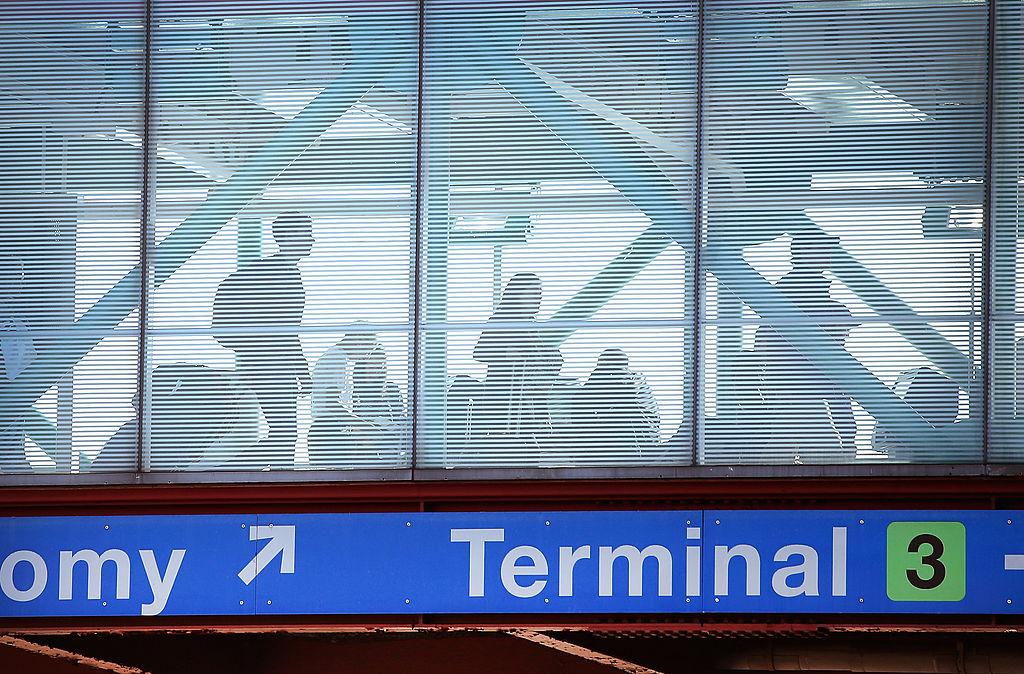A bipartisan group of lawmakers has introduced a proposal to secure U.S. airports from national security threats posed by airport equipment such as passenger boarding bridges made by foreign adversaries, specifically China.
The bill, named the Airport Infrastructure Resources (AIR) Security Act, would prevent federal airport improvement funds from being used to purchase infrastructure made in countries determined to be a threat to U.S. national security.





